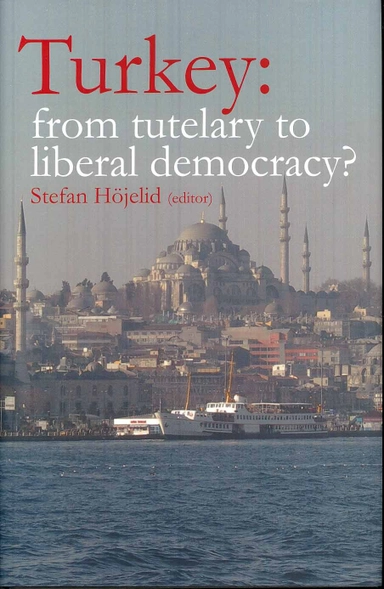Turkey has always played an important role in European history. Since 1959 Turkey has been patiently knocking on the door only to be told politely to keep waiting, watching latecomer after latecomer being invited in successive waves of accession, leaving Turkey behind. The Helsinki Summit in 1999 was however a turning point and finally after many ups and downs negotiations on membership could start in October 2005. One complicated question concerning the negotiations on Turkish membership of the EU is related to intensive debates in many of the existing EU Member States about whether, given Turkeys Muslim heritage, it could really be considered as a European country and hence whether in reality it has a right to membership as the ultimate objective of the negotiations. Another issue concerns the internal political situation in Turkey, where AKP, whose commitment to secularism is contested, has been in power since its electoral victory in 2002, as well as the constitutional tension during 2007 and 2008 which have a bearing on a series of interesting politological questions such as politics and religion, identity, democratisation, modernisation and globalisation. In truth the slow negotiations between Turkey and the EU is a real test for both actors, in a way a battle for Turkeys as well as for Europes soul. The contributions in this volume by highly experienced authors and scholars offer a broad and initiated insight into understanding this complex and fascinating candidate country Muslim and secular, European and Asian, democratic and authoritarian at the same time from a historical as well as from a modern perspective. Contributors: Ayhan Kaya, Sven E.O. Hort, Dietrich Jung, Hakan Yilmaz, Thomas Gür, Ingmar Karlsson and Stefan Höjelid (ed.)
Åtkomstkoder och digitalt tilläggsmaterial garanteras inte med begagnade böcker





















